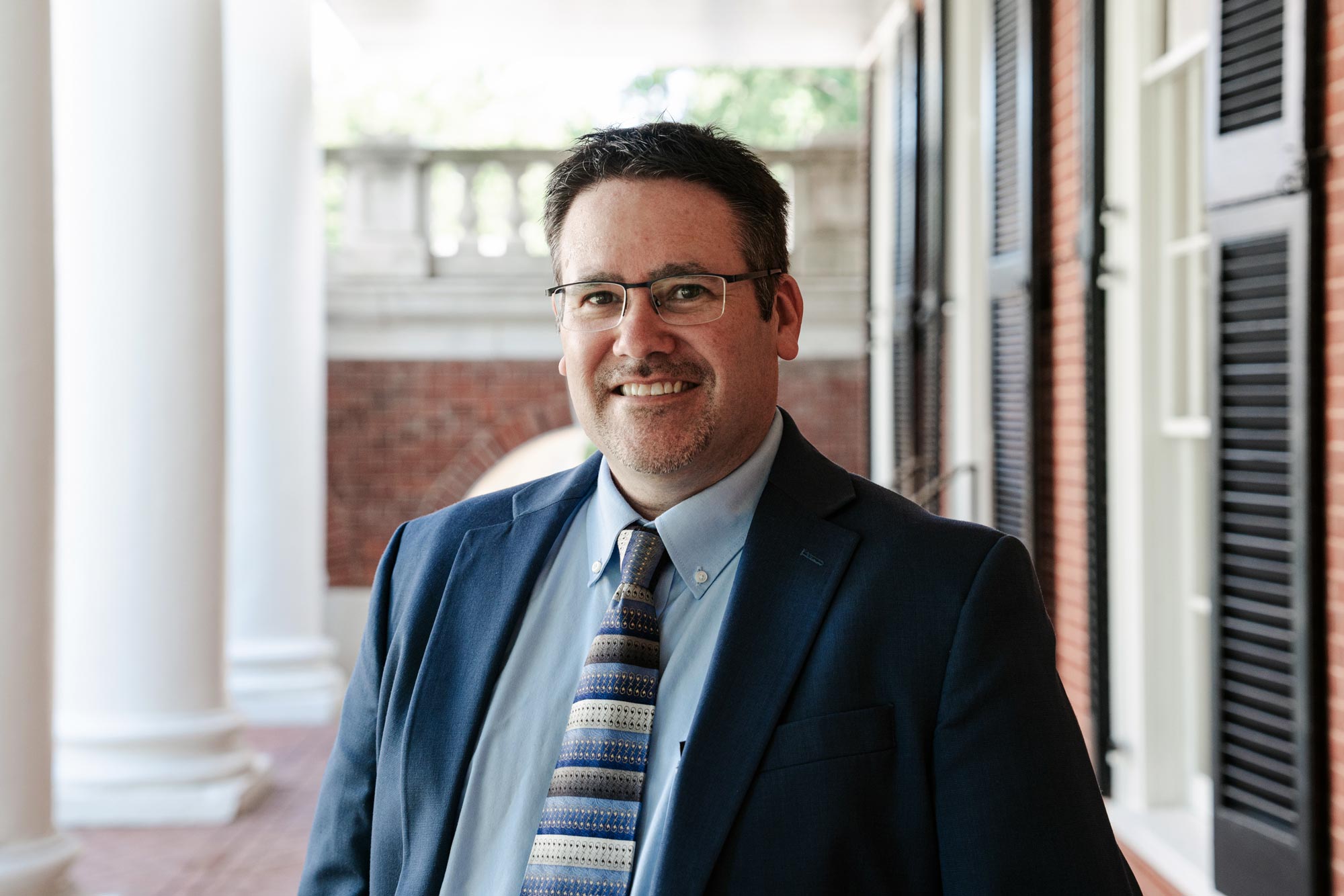In the project, students will develop their own vocabulary multimedia modules, requiring them to devise their own definitions, find examples, and write about how the terms are relevant to their lives. The AI program will provide feedback on the accuracy of the modules and offer examples or suggestions to keep them on course.
“High-level feedback is beneficial to all students but can be especially beneficial to students who tend to quietly plow through lessons,” Kennedy said. “Those students are at risk of making a small error that can snowball into a series of mistakes that do not get corrected in real time, which evidence suggests is really important.”
Step one for Kennedy was bringing together a team with expertise in education technology, the science of reading, and culturally responsive practices. The team includes Jennie Chiu, associate professor; LaRon Scott, associate professor and associate dean for diversity, equity and inclusion; Colby Hall, assistant professor; Rachel Kunemund, research assistant professor; and Olivia Coleman, research project manager.
To create a tool for classroom use, they are starting by identifying non-negotiable guardrails.
“Tools like ChatGPT have access to the entire internet,” Kennedy said. “That won’t work for this application. Generative AI also spits out incorrect answers sometimes and may use language or examples that are not appropriate.”
With the team of experts writing their own answers, Kennedy hopes they can train the AI to be more helpful. And if they succeed, it could go a long way to supporting both students and teachers – especially new teachers.
A functional AI tool could relieve some of what Kennedy calls “the extremely high cognitive load carried by new teachers.” That leads to a feeling of being overwhelmed. Repeated, day-to-day feelings of being overwhelmed could lead to teachers leaving the profession, he said.
“If you think of cognitive load as expenses coming out of a bank account, first-year teachers are drawing on that account at a very high rate,” Kennedy said. “One of the most effective ways to slow the rate of withdrawal is experience. But of course, that only comes with time.”
Kennedy wonders if generative AI could support students developing their vocabulary skills while easing early career teachers’ overwhelming cognitive load. With five years to develop and begin testing their ChatGPT model, he and the team are on their way to uncovering the answers.
“The core of this project is still explicit instruction and students being engaged in opportunities to grapple with the meanings of words,” Kennedy said. “The new technology provides an interesting opportunity to push the boundaries of what is currently possible for teachers and students.”











